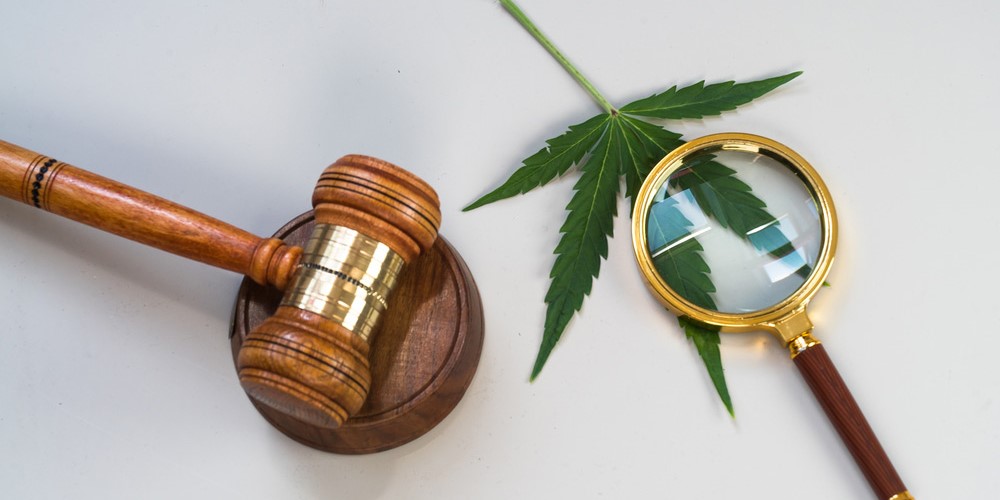Kanavape trial: an update on CBD and French legislation in 2021
On November 20, 2020, the Court of Justice of the European Union handed down a landmark decision in the French-speaking world of CBD. Taken up by Kanavape, a company that has been trying to market its CBD electronic cigarettes since 2014, its verdict vindicates its founders and officially paves the way for the marketing of CBD within France.
European law states that CBD-based products marketed must contain a maximum of 0.2% THC. France, on the other hand, preferred to rely on its own jurisdiction, stating that only fibers and seeds obtained from the cultivation of hemp sativa L and having a THC content of less than 0.2% were authorized for sale.
However, it would appear that the European Court of Justice has not heard the case and has decided to rule that CBD cannot be considered a narcotic, as the molecule has no psychotropic effects or harmful effects on human health, according to current scientific knowledge. This opinion is in line with the position of the World Health Organization and the World Anti-Doping Agency.
As a result, it is now impossible to prevent the free movement of CBD within theEuropean Union. France can therefore no longer block the entry of CBD into its territory. Stores and retailers will now be able to legally sell CBD and CBD-derived products from other EU countries.
What changes have been made following the European Union's verdict?
- CBD is officially recognized as a non-narcotic in the European Union.
- A member state of the European Union is no longer in a position to prohibit the free circulation of CBD products.
- CBD can be derived from hemp flower: "CBD is legal even if it is extracted from the entire Cannabis sativa [hemp] plant and not just from its fibers and seeds".
The French government has taken note of the positions of the European Court of Justice and states in an official press release:
"The French authorities take note of this ruling. They wish to emphasize that, in this ruling, the CJEU recognizes that the application of the precautionary principle could, subject to convincing scientific evidence, justify regulations restricting the marketing of CBD-based products. They are studying ways and means of taking its conclusions into account.
CBD-containing products are subject to French legislation, in particular the following:
(...)
They may not, under penalty of law, make therapeutic claims unless they have been authorized as a medicinal product by the French National Agency for the Safety of Medicines and Health Products or the European Commission on the basis of a dossier assessed according to scientific criteria of quality, safety and efficacy "1.
1 https://www.drogues.gouv.fr/actualites/cannabidiol-cbd-point-legislation

